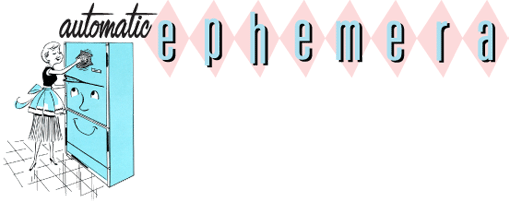


T
JL he paper-wrap industry, producing what is probably the lowest-priced protective packaging of its kind, faces a period ahead as challenging as any experienced in its more than half century of service to packaging. For, despite the inherent economy and decades of acceptance of this key form of packaging, the surge of competing wraps made from non-paper materials, particularly plastic, and the constant improvement in their printability, high-speed machine handling and cost now demand from paper-wrap suppliers the smart, inventive and aggressive planning and selling common in any volatile marketing situation.
Yet there is obvious optimism among paper-wrap converters. This is reflected in their announced or recently completed plant modernizations and expansions. Even more important is the evidence of a
steady product improvement which capitalizes on the proved packaging values of paper but at the same time energetically meets the competition and satisfies customer requirements by supplying new paper wraps that often combine in one product the advantages of both paper and the same new materials that are giving paper the fight of its business life.
By using paper's vaunted economy and flexibility as a base, converters are stepping up the creation of new types of paper wraps by building in additional product-protection advantages and package-fabrication features that may equal or surpass the appeal of newer wrap materials still lacking paper's low cost, machinability and printability. The fact that paper in combination with its new competitors can offer desirable packaging characteristics they